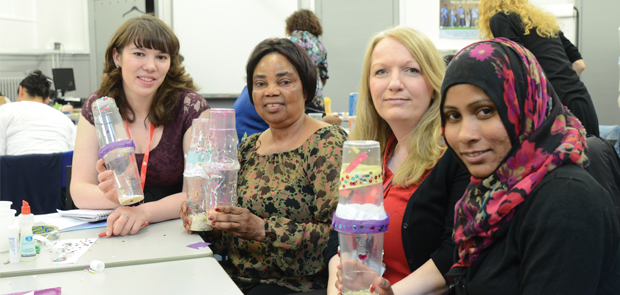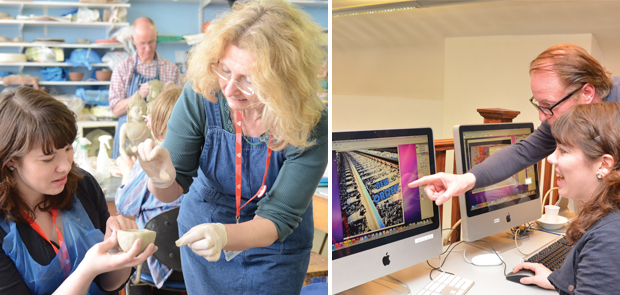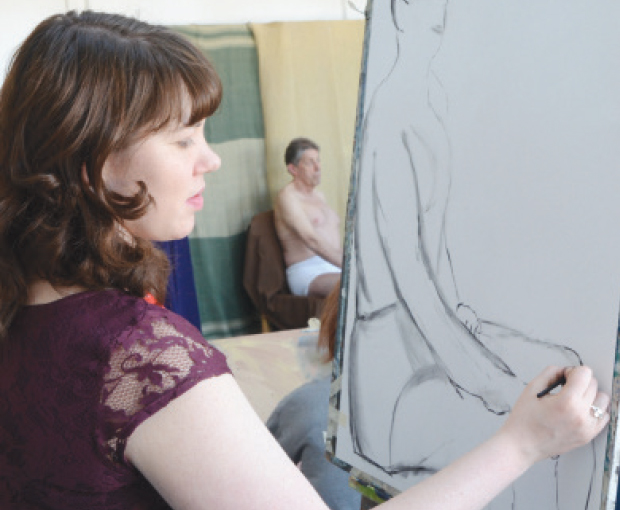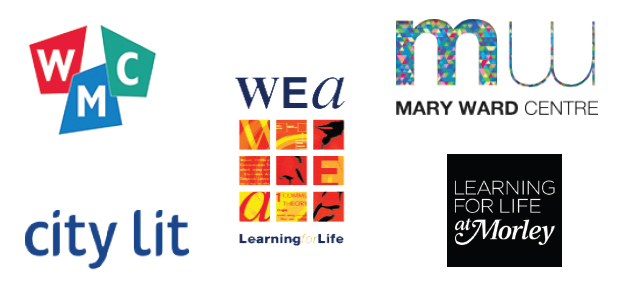Robin Landman’s experience of social injustice is rooted much deeper than the workplace.
Being forced to flee apartheid-era South Africa as a boy for the London suburb of Eltham — where schoolboy Stephen Lawrence was murdered in a racist attack in 1993 — helped the 61-year-old understand the need for a Network for Black Professionals (NBP).
“When we started in 1996 it was a bit of a no-brainer — there were 500-plus college principals and only two were black,” says Landman, who wrote a bid for funding to form the Black Leadership Initiative in 2002, which later became part of the NBP.
“Now we’ve seen that number grow to 15 — that doesn’t mean they wouldn’t have become principals without us, but it’s quite likely many of them wouldn’t have had the confidence to go forward.”
Before he became the network’s director, Landman rose through FE to the deputy principal’s post at Hackney Community College. In 2010 he was awarded an OBE for services in FE to black and minority ethnic (BME) communities.
But it hasn’t been an easy ride.
“My parents were both teachers and were anti-apartheid,” says Landman, who lives in Tunbridge Wells with partner April Carroll.
“It was very scary. The police would raid the house, our phone was tapped and we were constantly monitored. I remember once when the police found a piece of work that my mother, who taught Latin, had marked. They saw red markings and thought they’d found a code . . .”
He says the family fled to the UK after his father’s freedom was threatened. It was a tough move for both his parents, who had to restart their professional careers.
“My mother started working as a primary teacher and a colleague in the staffroom said ‘the degrees you people have aren’t up to much’. And that was from someone who didn’t have one,” he says.
Landman, an international relations graduate, experienced similar problems and left teachers’ training college after rugby players goaded him with racist songs.
He says: “I thought ‘I’m not putting up with that’. I was very upset but in those days — the 1970s — casual racism was common.”
He moved on to finish his degree but then experienced difficulties getting a permanent job.
“My girlfriend at the time was white and sailed into a job but I found it very difficult,” he says.
Eventually he started as a history teacher at Crown Wood Comprehensive in Greenwich, but lost out on an after-school mentoring role because his morals were “questionable” as he “lived in sin” with his girlfriend.
“I pointed out that the man who got the job was also living in sin — it was an excuse,” explains Landman.
After working in a pupil referral unit and a stint teaching in Jamaica, he decided to try back home for a job in FE. In 1986 he got a job at Brixton College, which had many black staff.
“It was the tail-end of the Inner London Education Authority, which had a pro-active approach to race equality,” he says.
“You would walk into an interview and have 20 people in the room. Race equality people, gender equality, disability equality people, everyone was represented — I did a good interview and was offered the job.”
The Arsenal fan was quickly promoted to senior lecturer and, by the time of incorporation, was working as head of faculty at Southwark College.
He says: “In 1993 it was a great time to be a senior manager because you could actually start doing things.”
He and a colleague used the opportunity to generate income by delivering bespoke training to quangos, using surplus cash to buy IT equipment and build a crèche.
But it was also a time when black presence in FE suffered.
My concern is that we’re losing a generation because we’re not giving them positive role models and alternatives. Why does such a high proportion of black men end up in prison? And why do many universities not recruit black students like they should?”
A role with the Association for Colleges [precursor to the Association of Colleges] gave him the chance to look into black presence in FE.
“I wrote an article saying incorporation had a bad impact on black representation in colleges. Positive county council policies attempted to increase black presence — when those colleges became independent, people lost their jobs,” he remembers.
“Incorporation was good in many ways but lots of good staff weren’t making it.”
In 1996, the sole black principal in the country invited him to Liverpool and the pair set about forming a network and self-help group, eventually evolving into the NBP.
“In 1993 Stephen Lawrence had been murdered so there were various campaigns going,” he says.
“In 1998 the Macpherson Report questioned institutional racism and said that colleges had a special responsibility to ensure students had a more positive picture about diversity. We established a commission that carried out a two-year investigation into black people in FE.”
A key recommendation was for “adequate” funding to address the under-representation of BME staff, he says and the Black Leadership Initiative was born, with funding of £600,000 a year.
Landman, who had by now spent time in South Africa helping to restructure FE, in 2005 switched from part-time duties to full-time at the network.
As he prepares to step down this summer, Mr Landman reflects on the lessons he’s learned.
“I’ve no doubt that many of the things that happened to me could have been avoided if I’d been less vocal and more politically astute,” he says.
“It’s an important balance of being able to identify when it’s the organisation at fault and when it’s you — you have to lobby effectively, not just criticise the sector’s failings, and have solutions that work, with resilience to stick with it.
“It’s been a slow process for the network but we would contend that we’ve made a difference.
“Last year we were awarded the Queen’s Diamond Jubilee Award for Volunteering for our mentoring programme, a major confirmation that we are seen outside of the sector as effective. For such a small organisation [there are 10 staff] to attract that much recognition says that we’re good at what we do.
“The start of this process was the murder of a young black man by a white racist in the area where I grew up and experienced similar incidents,” he says, remembering the recent anniversary of Stephen Lawrence’s death.
“The question we should be asking is what’s changed? The casual racism that characterised the UK in the 1960s and 1970s is not acceptable any more and it’s very rare for the police to operate in the overtly racist way they did. But what’s not changed is also a big question.
“Now the issue of black-on-black violence has risen. My concern is that we’re losing a generation because we’re not giving them positive role models and alternatives. Why does such a high proportion of black men end up in prison? And why do many universities not recruit black students like they should? And why are black apprentices so under represented at just 9 per cent?
“More students should be able to see people that look like them walking through the corridors of power of further education colleges.”
And while representation has risen it still “falls short”, he says, considering 22 per cent of student intake in FE is BME.
“I think the day when the network withers and dies is still a long way off. We now have to focus on how we do our work with government funding getting tighter,” explains Landman.
It’s a personal thing
What’s your favourite book?
Emile Zola’s Germinal — it made a big impression
What did you want to be when you were younger?
A journalist
What do you do to switch off from work?
Travel, eat out and watch Arsenal
If you could invite anyone to a dinner party, living or dead, who would it be?
Close friends and family
What would your super power be?
Mindreading




